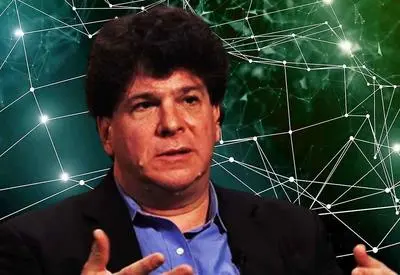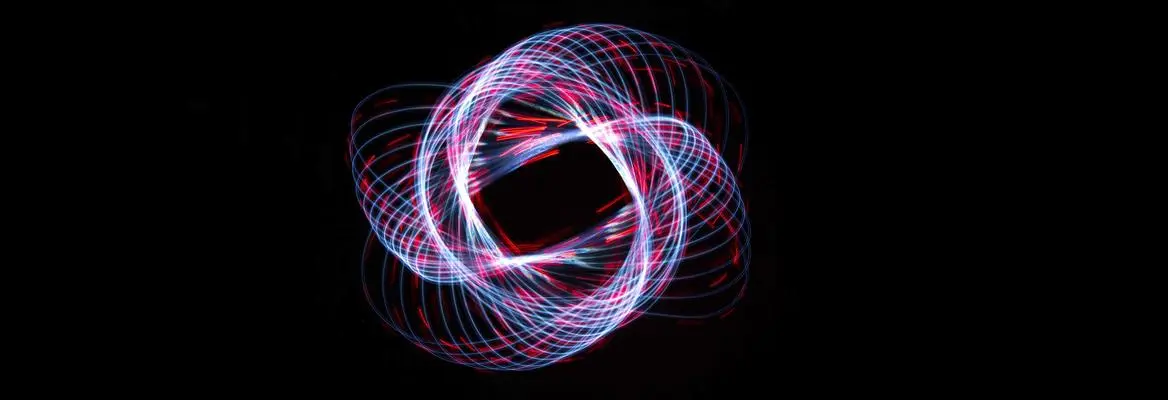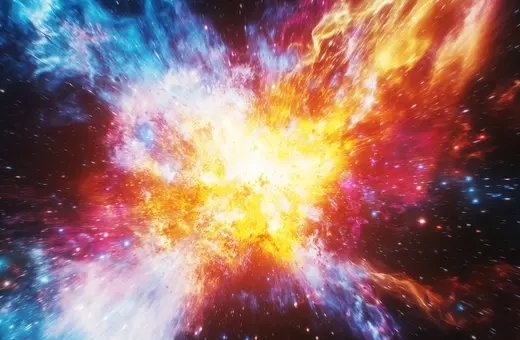String theory’s unexpected and robust mathematical relationships may hold the key to understanding the universe, even if they don't neatly fit our current understanding of reality, writes Tasneem Zehra Husain.
Is string theory worth pursuing? This question, like the perennial Jack-in-the-Box, never stays down for long and - like said toy - creates a commotion every time it arises. Before calm is (temporarily) restored, it seems there are certain tunes that must be played. Typically, here’s how it goes:
Critics dismiss string theory on the charge that it’s not science. A successful scientific theory must incorporate known physical phenomena and make verifiable predictions about the natural world. String theory hasn’t, so it’s just a fantasy, they say; it should be abandoned. Proponents argue this assessment is superficial. They agree that concrete, testable, predictions are an essential feature of a mature theory - and remain an active goal of research - but string theory is still growing. It is not old enough to be oracular. More time is needed, they say; condemning it now would be premature.
 SUGGESTED READING
Eric Weinstein: The String Theory Wars
By Alexis Papazoglou
SUGGESTED READING
Eric Weinstein: The String Theory Wars
By Alexis Papazoglou
You have had decades, the critics object. String theorists respond with a list of the many times this has happened before. From atoms (postulated two and a half millennia before being observed), to gravitational waves (detected a hundred years after prediction), the Higgs boson (found after a half-century long search), quantum entanglement (an empirically falsifiable prediction took three decades to formulate; verification took two more), and countless others. String theory would not be the first theory to ask for a bit of patience, and none has ever had better reason! Lest it be drowned out by the noise, string theorists reiterate the magnitude of the problem at hand. They are attempting to obtain the fundamental equations that encompass everything which unfolds in the universe - from the Big Bang to now, from light years to the Planck length - and then, they need to figure out how to test the implications of these equations.
Today’s state-of-the-art technology can probe length scales up to 10^-17cm; the Planck length is ten million billion times smaller. Direct experimental verification is obviously not an option, but the complications of string theory are not limited to technology. Mathematically, too, the theory is immensely complex - more intricate than anything else we have chanced upon. It is any wonder that progress is slow, string theorists ask.
From here on, it plays out much as you might expect. Arguments and counterarguments weave back and forth until the landscape makes an appearance and - at the mention of these 10^500 (or so) possible universes the theory describes - we reach the crescendo.
___
They are attempting to obtain the fundamental equations that encompass everything which unfolds in the universe - from the Big Bang to now, from light years to the Planck length - and then, they need to figure out how to test the implications of these equations
___





















Join the conversation